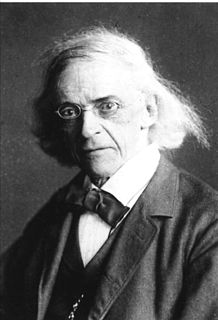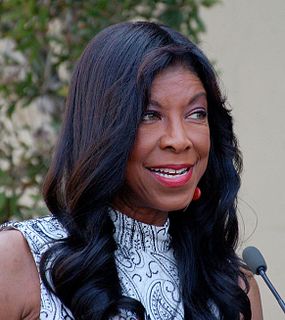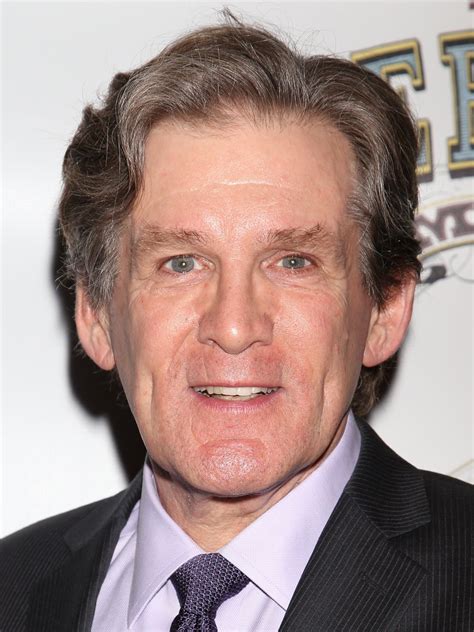A Quote by Laurie Halse Anderson
They're on their way to the foreign-language wing. That's no surprise. The foreign kids are always here, like they need to breathe air scented with their native language a couple times a day or they'll choke to death on too much American.
Related Quotes
Everyone is used to speaking a slightly different "language" with their parents than with their peers, because spoken language changes every generation - like they say, the past is a foreign country - but I think this is intensified for children whose parents also grew up in a geographically foreign country.
When you do a film in a foreign language, you know there's a cost in it, that you know, unfortunately, the audiences of foreign language films have not been cultivated. There's a market, but the market has been reduced, unfortunately, and you know that when you're making a foreign language film, you're making a choice.
As a medical doctor, I have known the face of adversity. I have seen much of death and dying, suffering and sorrow. I also remember the plight of students overwhelmed by their studies and of those striving to learn a foreign language. And I recall the fatigue and frustration felt by young parents with children in need.
His scowl returned. "Why, if they're supposed to be Greek, are all of them speaking with an English accent?" She laughed. "Didn't you know that British is, like, the universal 'foreign' language in Hollywood? They use it in any movie where they want to have a foreign feel to it, regardless of where it's set



































